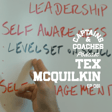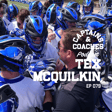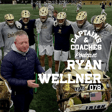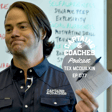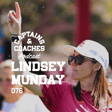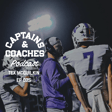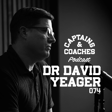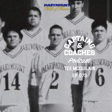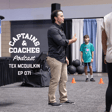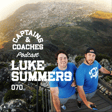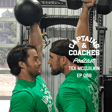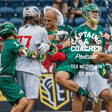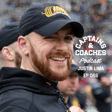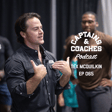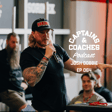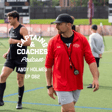
030 - Be Somebody: Building a Weightlifting Legacy w/ Wes Kitts
We raise the bar with two-time Olympian and Pan American Champion Wes Kitts as he shares the profound journey that shaped not just his athletic career, but his entire approach to life and leadership.
Wes takes us beyond the medals and records to clean and jerk the curtain back on how the powerful philosophy – "be somebody" – became the cornerstone of his identity and mission. From his roots on the football field to snatching the opportunity in weightlifting as his true calling, Kitts demonstrates how purpose and family becomes a powerful platform for personal transformation.
Join us for a powerful exploration of what it truly means to "be somebody" – not just through the records you break, but through how you rack up meaning in the lives you touch and the weighted impact of the legacy you're building every day.
Training Programs - 7 Day Free Trial
Old Bull: https://bit.ly/old-bull-train
Captain's Speed, Strength, & Swagger: https://bit.ly/captains-train
#BeSmebody #OlympicWeightlifting #Mindset #Training #WesKitts #WeightLifting #OlyLifting #Leadership #CalStrength
